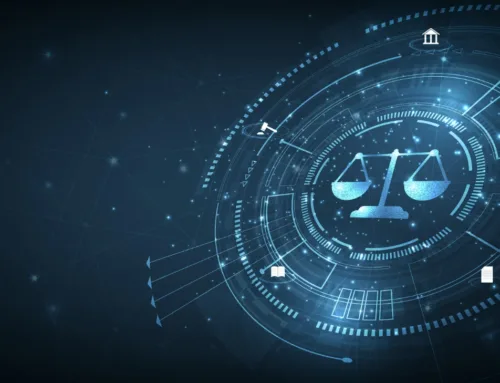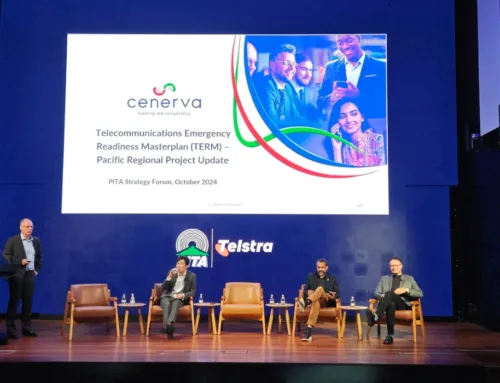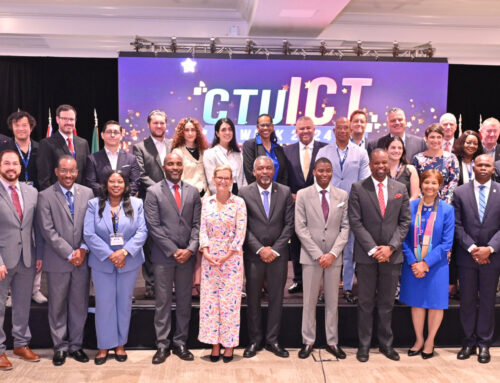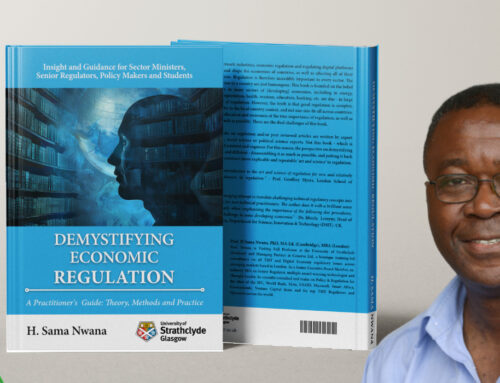The World Economic Forum’s 2025 theme, “Collaboration for the Intelligent Age“, arrives at a moment when the telecommunications sector faces unprecedented regulatory challenges. The convergence of artificial intelligence, quantum computing, and advanced connectivity demands a fundamental reassessment of how we approach regulation.
This intersection of technology and society, as Klaus Schwab (Founder and Chairman of the Board of Trustees, World Economic Forum) observes, represents more than mere technological advancement—it marks a societal revolution that requires thoughtful governance. For telecommunications stakeholders, particularly in emerging markets, this paradigm shift presents both opportunity and risk.
The telecommunications sector’s position is crucial, providing the foundational infrastructure for this intelligent age. How regulators and operators navigate this landscape will determine whether technology unifies global communities or deepens existing divisions.
Critical Considerations for Telecom Stakeholders
The integration of AI in telecommunications infrastructure presents immediate regulatory challenges. While AI-driven networks offer significant potential for operational cost reduction through automated optimisation and predictive maintenance, they raise fundamental questions about data sovereignty and security. The regulatory framework must evolve rapidly, yet thoughtfully.
Digital inequality remains a pressing concern. With 2.6 billion people lacking reliable internet access, the intelligent age risks amplifying global disparities. Emerging markets face particular challenges in modernising infrastructure whilst ensuring inclusive development—a balance that demands innovative regulatory approaches.
Climate resilience adds another layer of complexity. The sector’s 2-3 per cent share of global energy consumption presents both challenge and opportunity. Regulatory frameworks must reconcile environmental imperatives with economic viability, particularly in developing markets where infrastructure expansion remains vital.
Strategic Implications for the Sector
Drawing from Cenerva’s extensive work across more than 40 countries, several critical patterns emerge in regulatory development:
- The traditional regulatory model requires significant modernisation. Maintaining stability whilst enabling innovation demands sophisticated regulatory tools and expertise—a delicate balance few regulators have mastered.
- Cross-border collaboration becomes increasingly vital. The intelligent age necessitates unprecedented international cooperation, yet regulators must maintain national sovereignty. This tension defines many current regulatory debates.
- Capacity building, particularly in emerging markets, requires immediate attention. Investment in regulatory expertise becomes as crucial as infrastructure development itself.
Looking Ahead: Key Priorities
For telecommunications stakeholders, several strategic imperatives emerge:
- Regulatory frameworks must evolve to embrace innovation whilst protecting public interests. The challenge lies in maintaining this balance without stifling technological advancement.
- International collaboration on standards and best practices becomes crucial. The intelligent age demands coordinated approaches to regulation, particularly in areas like AI governance and data protection.
- Environmental sustainability must be reconciled with infrastructure development. Regulators face increasing pressure to ensure networks contribute to climate goals without compromising service quality.
A Call for Thoughtful Leadership
Today’s regulatory decisions will shape the intelligent age for decades to come. Success requires not just technological sophistication but regulatory wisdom—the ability to foster innovation whilst protecting public interests.
The challenge before us transcends technology. As leaders convene in Davos, they must recognise that their decisions will determine whether the intelligent age fulfils its promise of elevating humanity or deepens existing divides.
For our community of regulators, operators, and policymakers, this presents an opportunity to lead. By combining global expertise with local insight, we can help shape a future where technology serves as a bridge rather than a barrier. The intelligent age demands nothing less than our most considered and collaborative effort.
International 5G News Service
Keep up to date with the latest news from around the world relating to 5G developments. Get it delivered directly to your inbox by subscribing to our email service.





